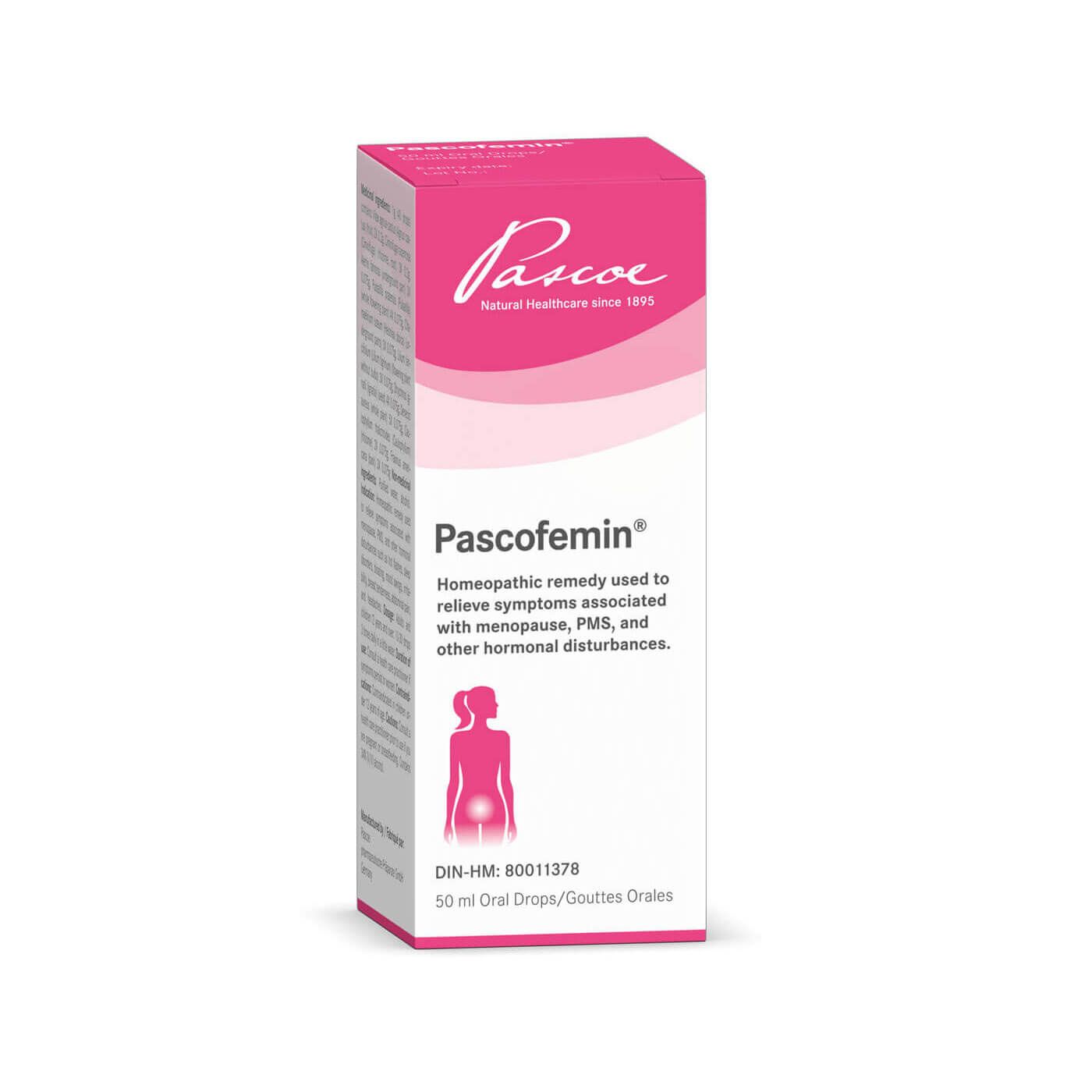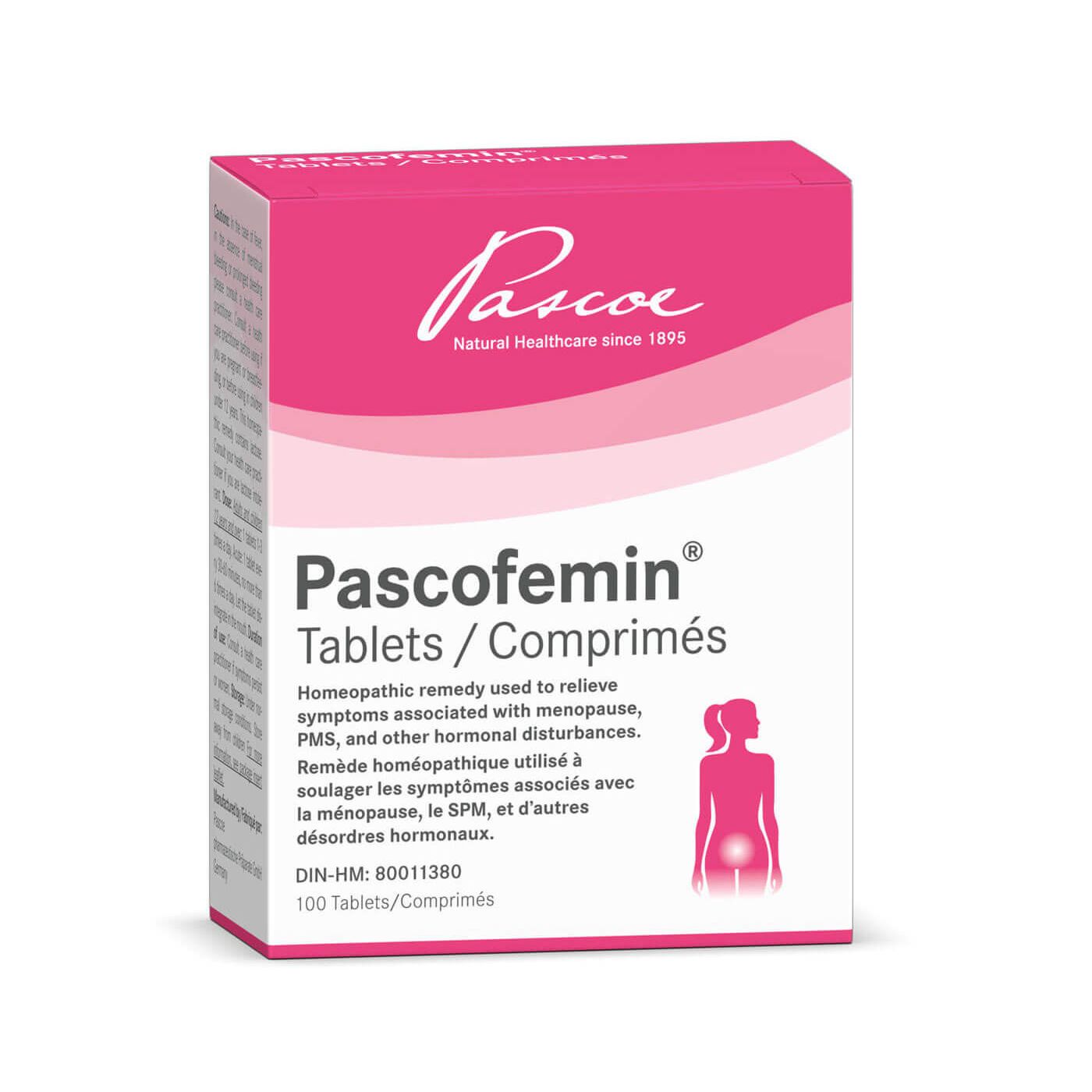PCOS and Menopause : Learn to recognize and manage symptoms
PCOS and menopause are terms often discussed in our lives. But, what exactly is PCOS? What are the symptoms, diagnosis and treatment? How do you know when your symptoms are PCOS, menopause, or perimenopause?
Unfortunately, like many other hormone imbalances polycystic ovarian syndrome can be hard to diagnose. Many of the symptoms of PCOS are typically symptoms of other hormonal disturbances. These include weight loss or weight gain, irregular periods, increased or abnormal hair growth and other menstrual cycle changes.
Understanding your body and learning to recognize symptoms is the first step of how to manage PCOS and menopause.
When talking to your health care provider, understanding and recording your symptoms is a beneficial way to help diagnose women with pcos. So, let's take a look at PCOS and the different symptoms of pcos and menopause.
What is PCOS?
PCOS is polycystic ovarian syndrome. The condition is described as the overproduction of male hormones or androgens. As the name describes, this sometimes causes cysts to form on the ovaries.
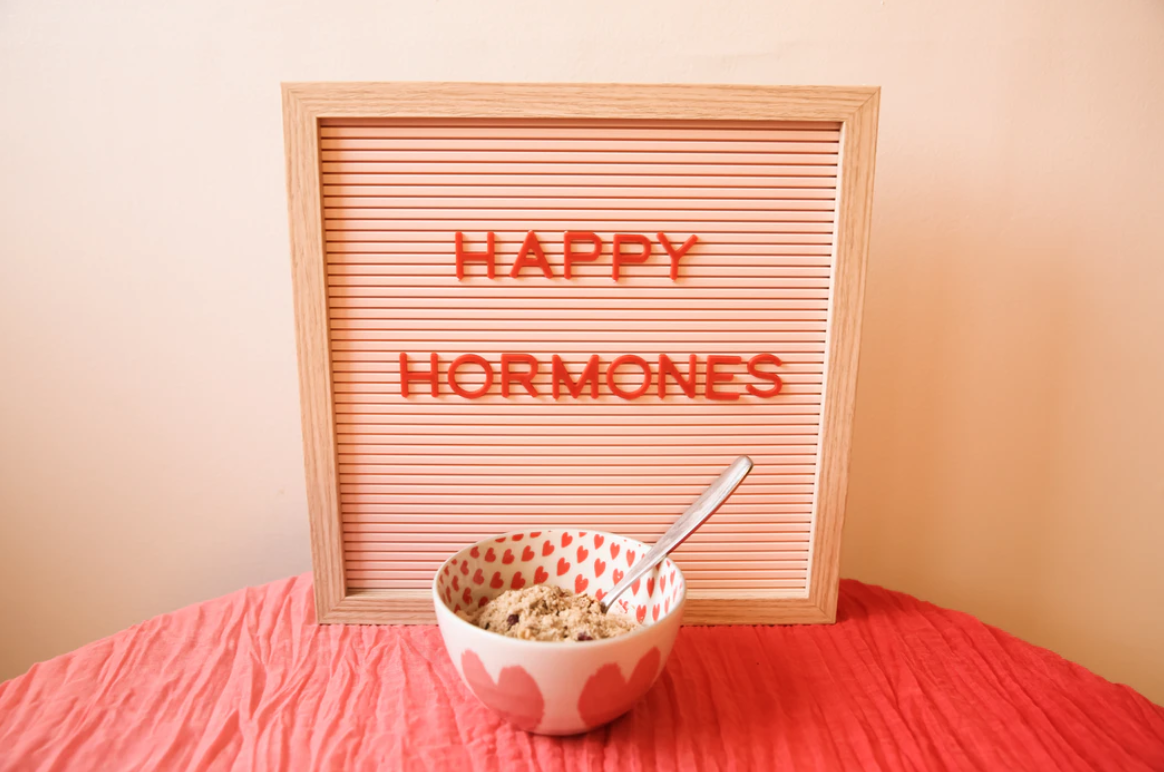

Cysts form as a result of hormonal imbalances that disrupt ovulation. Ovulation is disrupted when your body doesn’t produce enough estrogen and progesterone which may result in cysts on your ovaries.
Cysts produce hormones called androgens and contribute to symptoms of PCOS. It is also possible that women without the condition develop cysts. This is why it is important to look into your hormone levels. Overall, changes to your hormone levels cause many symptoms and can cause changes to your menstrual cycle.
Common symptoms of PCOS:
- Irregular periods (missed periods, light menstruation)
- Weight gain in midsection
- Sleep difficulties
- Mood changes
- Male pattern baldness (high androgens, testosterone levels)
- Severe acne or oily skin
- Increased body hair growth (chest, back and stomach)
- Infertility
- Skin tags
- Large ovaries (or many cysts)
What causes PCOS?
The cause of PCOS is somewhat unknown. But, many women have a few indicators in common. Typically women with PCOS have trouble using insulin in their body. This is known as insulin resistance.
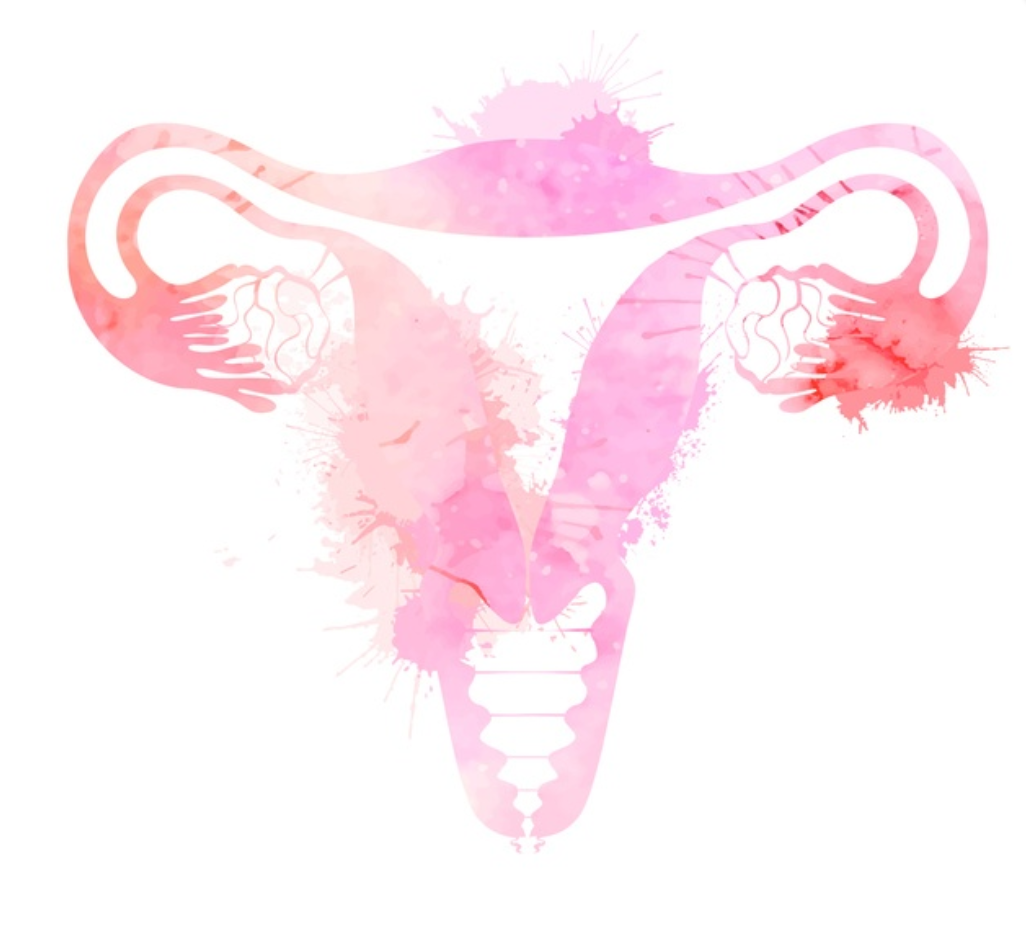

Insulin resistance is when your body cannot process glucose properly, causing a rise in blood sugar. Insulin resistance may also cause weight gain and can also be caused from weight gain or obesity. Obesity is known to worsen symptoms of PCOS.
PCOS may also be hereditary. Typically more than one female in one’s family has experienced symptoms of PCOS or been diagnosed with PCOS.
PCOS can occur at any age and may have negative outcomes on health. PCOS may increase risks of high blood pressure, certain types of cancers, cardiovascular disease and diabetes.
Currently there is no cure for PCOS. Treatment involves managing symptoms and other potential health risks. Paying close attention to potential risks is an important part of managing symptoms.
Menopause & PCOS: Spot the difference
People with PCOS of course will eventually transition through menopause. PCOS can occur at any age, so might not develop until later in someone’s life. This makes it important to know the difference.
If PCOS is chalked up as menopause, ignoring the symptoms and not seeking treatment might increase your risk of other health problems. PCOS may also present as perimenopause due to the similarity in symptoms. Women with PCOS can experience symptoms of both perimenopause and polycystic ovarian syndrome.
Symptoms of perimenopause or menopause:
- Hot flashes
- Irregular or missed periods (loss of period in menopause)
- Urine leakage
- Night sweats
- Sleep problems
- Low sex drive or painful sex
Symptoms unique to PCOS:
- Headaches
- Pelvic pain
- Acne and skin problems
Knowing how to spot the difference might help you manage the correct condition. When dealing with hormonal imbalances, symptoms are sometimes hard to distinguish. Depending on the severity of symptoms, you might try to manage symptoms at home or work with your health care professional.
Managing symptoms of hormone imbalances
Unfortunately, menopause does not cure PCOS. Symptoms of both hormonal changes might occur at the same time, or long term. Help managing symptoms can be the best way to address PCOS especially when you are post menopausal.
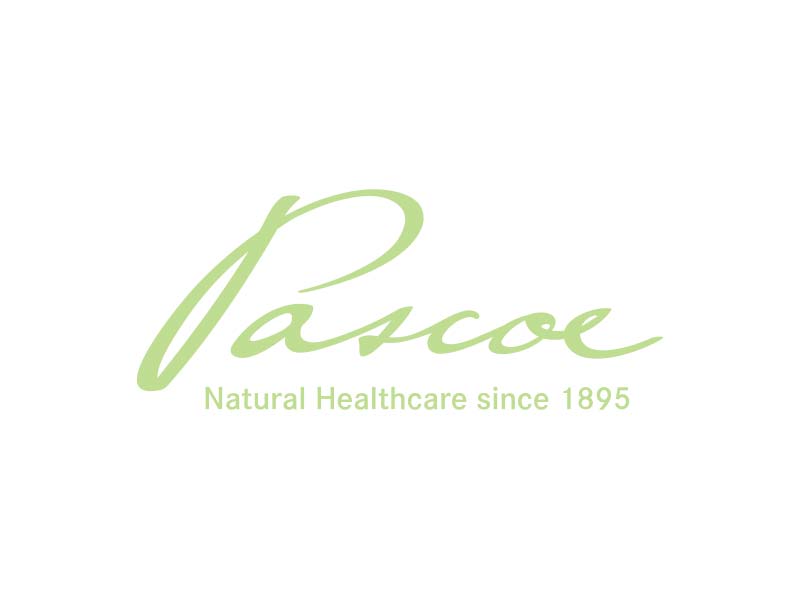 Weight management: managing weight can help with insulin resistance and other health
conditions. Improve diet, increase exercise and use supplements to help lower risks.
Weight management: managing weight can help with insulin resistance and other health
conditions. Improve diet, increase exercise and use supplements to help lower risks.
- Eat lots of nutrient dense foods (fruits and vegetables)
- Exercise regularly
- Cut back on sugar
- Increase water and electrolytes
Improve sleep: getting good quality sleep can be difficult due to PCOS, menopause, and perimenopause. There are many helpful ways to help fall asleep and stay asleep throughout the night.
- Natural sleep aids
- Sleep hygiene (no screens before bed)
- Meditate and take deep breaths
Try natural remedies: Many natural ingredients and remedies have been studied and used to help manage hormonal symptoms. Commonly known herbs or ingredients can help relieve symptoms of menopause or PMS such as hot flashes, sleep disturbances and mood swings.
- Black cohosh
- Pulsatilla
- St. John’s Wort
Plan ahead and ease hot flashes: Hot flashes can quite literally come out of nowhere. Plan ahead and layer clothing so you can take layers off when they happen.
- Limit caffeine
- Wear breathable clothing
- Invest in a fan or cooling towel
Talk to your doctor: Always talk to your doctor about changes in your body. Depending on the severity of symptoms or if you are planning to get pregnant, your treatment protocol may vary.
- Journal your symptoms or experiences
- Don’t hesitate to ask questions
- Ask for a list of resources to help with female health
Currently there is no cure for PCOS. It is sometimes believed menopause helps to cure the condition, but unfortunately you can experience symptoms of PCOS after menopause.
Pay attention to lifestyle choices and make healthy decisions to help manage and improve symptoms of PCOS.
Disclaimer
Pascoe Canada does not offer health or medical advice as we are not a healthcare practitioner. Please speak with your healthcare practitioner before beginning any program related to nutrition, diet, exercise, fitness, medical, and/or wellness. All content published by Pascoe Canada is developed through collaborating with licensed medical professionals and contributors. This includes text, graphics, images, and other material on the website, newsletter, and products (“Content”). This content is for informational purposes only and does not constitute medical advice. The content does not substitute professional medical advice, diagnosis, or treatment. Please always do your own research on whether this is for you along with your healthcare practitioner advice. Always consult your healthcare practitioner prior to use specific herbs because you might have underlined conditions needs professional care. The content is general in nature and are subject to change. It is not intended to cover all possible uses, directions, precautions, warnings, drug interactions, allergic reactions, or adverse effects.

